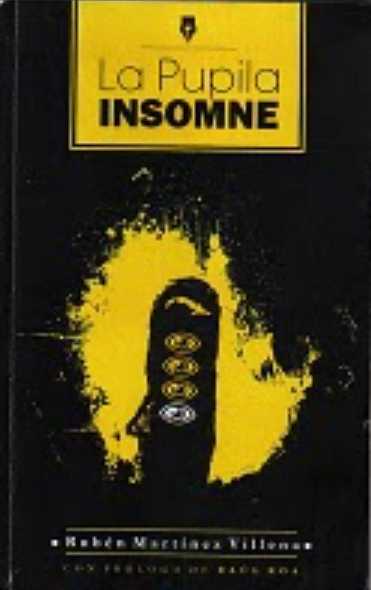4.1.1.12.2 The poetic work of Rubén Martínez Villena (1899 – 1934), third stage, other texts

The third period of Rubén Martínez Villena’s creative work spanned the period between 1928 and his death in 1934. This period was the least prolific of all, precisely because of his dedication to the revolutionary process. This is consistent with his personal beliefs, considering that he had been evolving toward an increasingly combative attitude, an attitude that would reach its climax with his opposition to Gerardo Machado’s dictatorship.
Following a publication by Jorge Mañach, in which he ironically describes him as “our Rubén”, establishing a false comparison with Rubén Darío, Villena responded with an epistle published in “El País”, containing the following phrase, illustrative of the attitude that the young man would assume at this stage:
“I’m not a poet (although I’ve written verse); don’t take me for one, and therefore, I don’t belong to the aforementioned “guild.” I destroy my verses, I scorn them, I give them away, I forget them: I’m as interested in them as most of our writers are in social justice. Do you understand? I’m not, therefore, a competitor…”
In many ways, Rubén’s existential drama is reminiscent of that faced by the Apostle, faced with the inevitable bifurcation of his aesthetic and patriotic vocations. In Villena’s case, this was compounded by the specter of his illness and death, a specter that urged him to fulfill his revolutionary mission, which skewed this final stage of his poetry, largely due to his voluntary withdrawal from artistic creation.
His texts date from this period: “A Tete Casuso”, “A una cubana”, “Mensaje Prenupcial Anticatólico” and “Grito” –to which perhaps others can be added whose exact date is unknown– in this sense he remained in what can be called the early stages of the avant-garde, without drifting towards any of the later currents that were nourished by this movement.
Among the intellectual activities he pursued during this period of struggle and exile was the writing of the “Boletín del Torcedor” in 1929; back in New York, he contributed to the magazines “Mundo Obrero” and “Vida Obrera” and the newspaper “Luchador del Caribe.” During his stay in Moscow, he continued his intellectual work, and upon his return to Cuba, he contributed to “El Trabajador,” while also planning and leading the strike that overthrew Gerardo Machado, dying shortly afterward.
Another great poet, Nicolás Guillén, has said of him: “He was a great poet not only for his lyrical impetus, but also for the skillful restraint with which he channeled and directed it. His literary culture was vast, and this is evident in his technically highly refined poems.”








